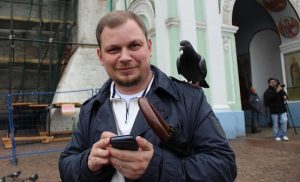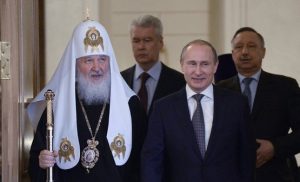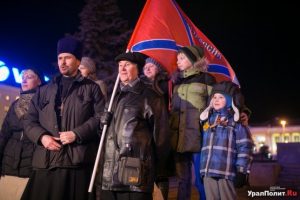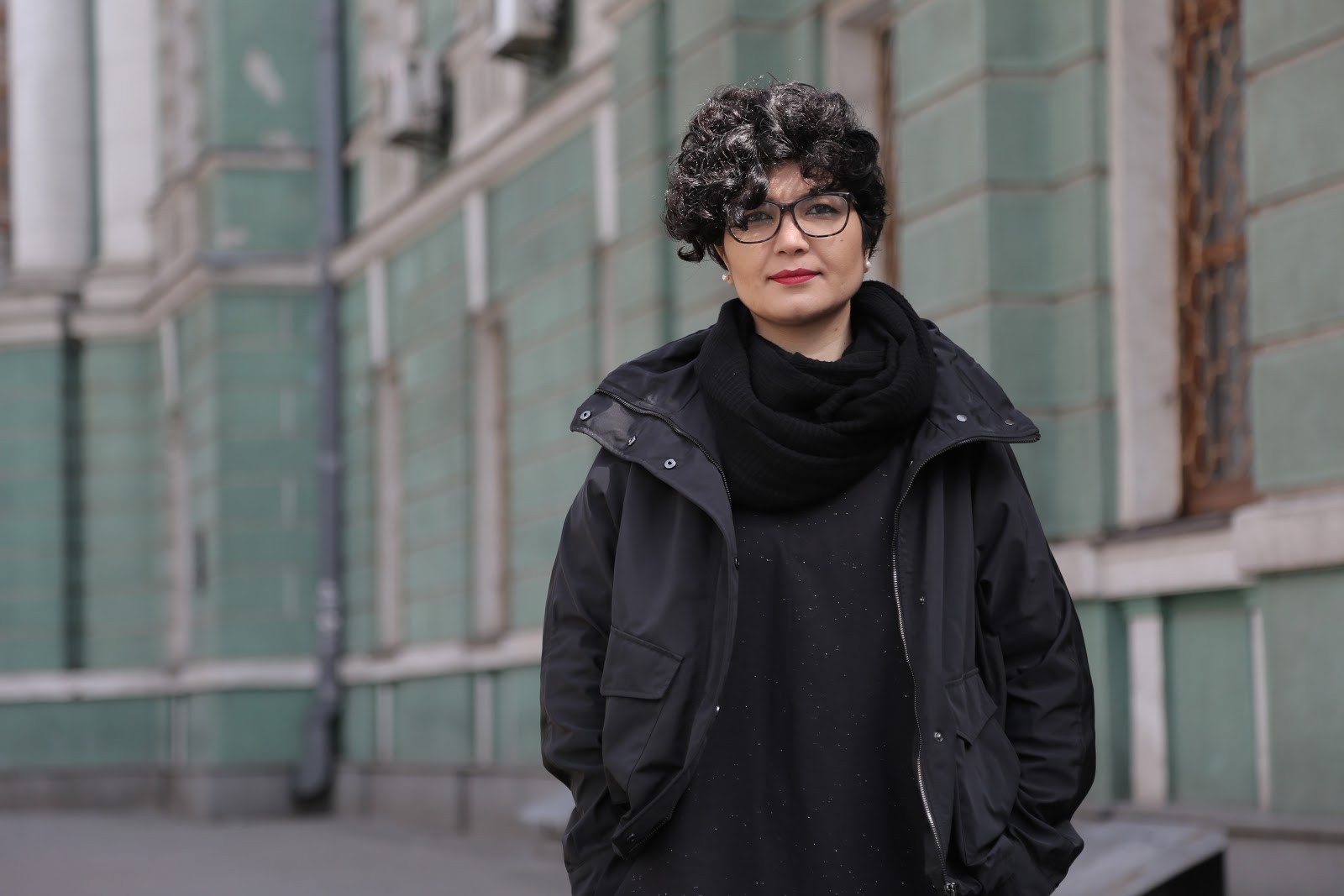The latest Russian spy scandal broke out in February this year: Yevgeniy Petrin, an employee of the Department for External Church Relations (DECR) under the Russian Orthodox Church Moscow Patriarchate was accused of spying for the United States. According to Russian media, the “chekist in a cassock” is also an FSB captain. As Eva Merkacheva, member of the Russian Public Monitoring Commission reports to Kommersant:
“He’s a very mysterious person with an obscure history. He himself admits he’s an officer in the FSB who was secretly planted into the ROC Moscow Patriarchate. Yevgeniy Petrin worked undercover in the Department of External Church Relations of the Patriarchate and apparently gathered information for the FSB [in Kyiv].”

However, the accused’s brother, Alexey Petrin, says Yevgeniy retired from the FSB in 2013, found work at the DECR, but was engaged in “counter-intelligence” on his own initiative. This is hard to believe, if only because FSB personnel are not allowed to leave the country for at least five years after their resignation or dismissal. So we’re left with some awkward questions:
Who would hire a person not allowed to leave Russia to work in the Department for External Church Affairs? How and why was he allowed to depart for Ukraine if the law stipulates he cannot cross the Russian border until 2018?
In short, we cannot confirm that Petrin is still a full-time employee, but it’s clear that his work abroad could not be carried out without the consent of the Russian Federal Security Service, which, incidentally, he also admits.
In the meantime, the FSB claims that Petrin defected to the Americans and gave them secret information. Petrin has justified himself, saying he dealt with alleged CIA agents in Kyiv only to gain their trust and collect information about their plans. Petrin’s brother adds that “the information gathered by Petrin didn’t interest the FSB, so he decided to continue his relationship with the alleged agents in order to extract more relevant information.” It’s not important whether Yevgeniy Petrin worked for Americans or against them – the investigation will eventually let us know. What is more troubling in this case is that it’s very clear the ROC is being used by Russian Secret Services as an instrument of Russian internal and foreign policy, a propaganda mechanism, and even a branch of intelligence. Eva Merkacheva adds that the well-known Orthodox theologian Andrei Kurayev confirms this state of affairs: “We’re back to Soviet times, when the assistant deputy for External Relations of the Patriarchate was a member of the KGB.”

I recently mentioned that religious influence is a specific phenomenon in Russian society: in times of depression and stagnation, the majority of the population perceives the Russian Orthodox Church at the same level as the Communist Party of the Soviet Union and views it as a staunch defender of national identity rather than an actual religion. So, when such people are told about imminent threats to Orthodox churches abroad (in Ukraine or the Balkans), they see this fictitious “encroachment on our sanctuaries” as an attack on specific state-forming elements, i.e. on the unofficial symbol of Russian presence in Ukraine (by the way, a similar attitude can be observed with respect to the statue of Lenin).
However, the Russian Orthodox Church is perceived differently abroad. In eastern Ukraine, people are less secular than Russians and the “intellectual religious elite” is relatively small. Orthodox believers familiar with the essence of the Christian faith are even fewer in the Donbas than in Russia, and the region has never had a centralized system of teaching the fundamentals of religion.
For years and years, the Russian Orthodox Church in Ukraine (UOC-MP) has been trying to artificially create an atmosphere of struggle, a constant conflict with the Kyiv Patriarchate, so the “religion of war” fell on fertile soil. Due to all these factors, the percentage of propagandists for the Russian Orthodox Church in these regions is even higher than in Russia. That’s why many supporters of separatism and the ongoing war have been “sanctified” by the ROC and the Kremlin. As part of the Russian-Ukrainian conflict, the ROC semi-officially inspires its faithful to fight against Kyiv, hammering home that this is a struggle of true Orthodoxy against “fascism” and “EuroSodom”. Secular Russian propaganda continues to repeat to Donbas locals that if Ukraine wins the war Russian speakers will be wiped out, Orthodox churches will be destroyed and church land will be in the hands of “schismatics”, “renovators” and other “enemies of the church”. As a result, in the eyes of people exposed to such propaganda, the war becomes a “sacred duty”. A good example is how in March 2015 the infamous priest Vladimir Zaitsev, from the Urals city of Yekaterinburg, publicly blessed Russian fighters heading to eastern Ukraine, encouraging them to battle government troops he called “fascist scum”. (the ROC suspended Zaitsev to Easter 2015-Ed.)

The emphasis here is also on the sacralization of Serbian nationalism and intimidation through external threats (“destruction of Orthodox churches” by NATO, Albanians or Croats, legalization of same-sex marriages and gay pride parades, juvenile justice and general corruption of society). Using a Christian religion to cover the most vile and destructive policies of state ideology, whether it be to excuse wars or spy operations, impacts the Orthodox Church more than all the persecutions and prohibitions of the Soviet era. Even in Soviet times Communist authorities failed to totally discredit the Church, whereas today, it is increasingly perceived outside Russia as an instrument of aggression, propaganda and espionage. Indeed, the Ukrainian journalist Lana Samokhvalova calls the notorious Department for External Church Relations “the anti-Ukrainian church headquarters for war”.
It’s particularly painful to watch the development of this trend as not all the faithful and priests of the Russian Orthodox Church share such an aggressive policy and this kind of “spy scandal” hits them first. However, our hopes for a “peaceful revolution” within the walls of the Russian Orthodox Church are even dimmer than in secular society.








